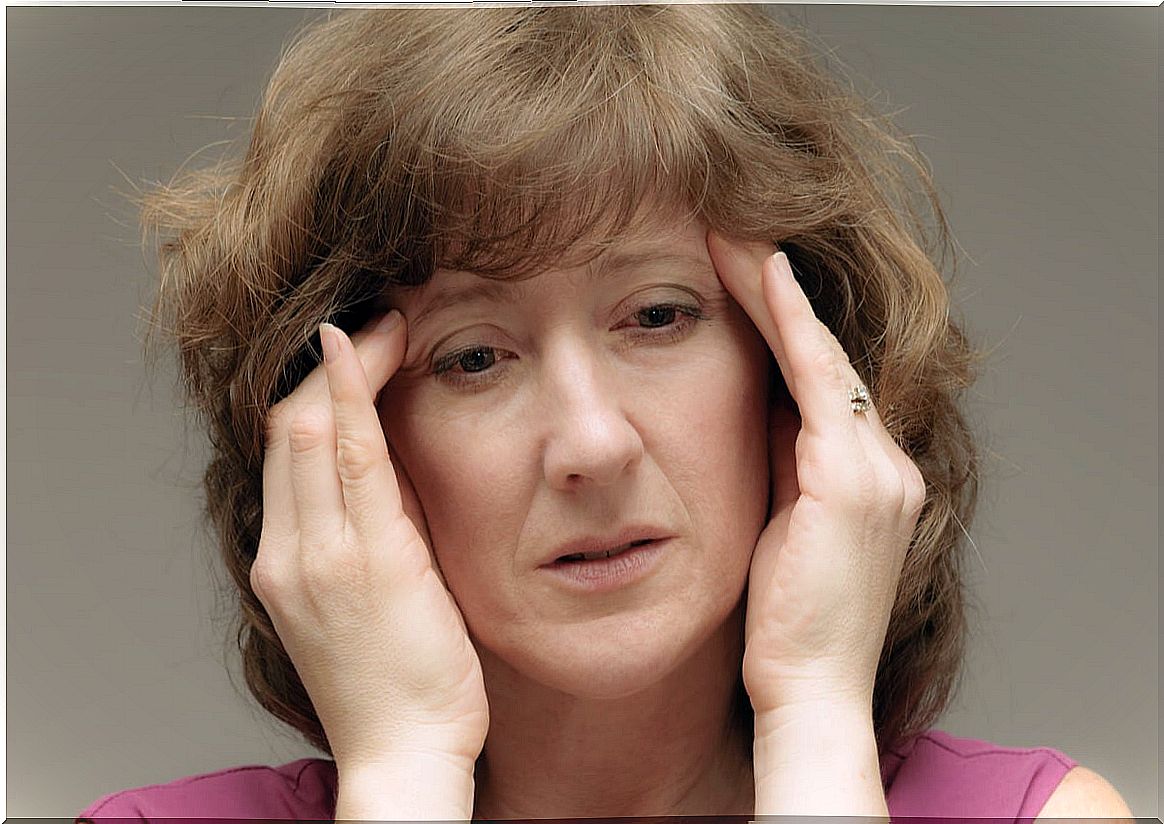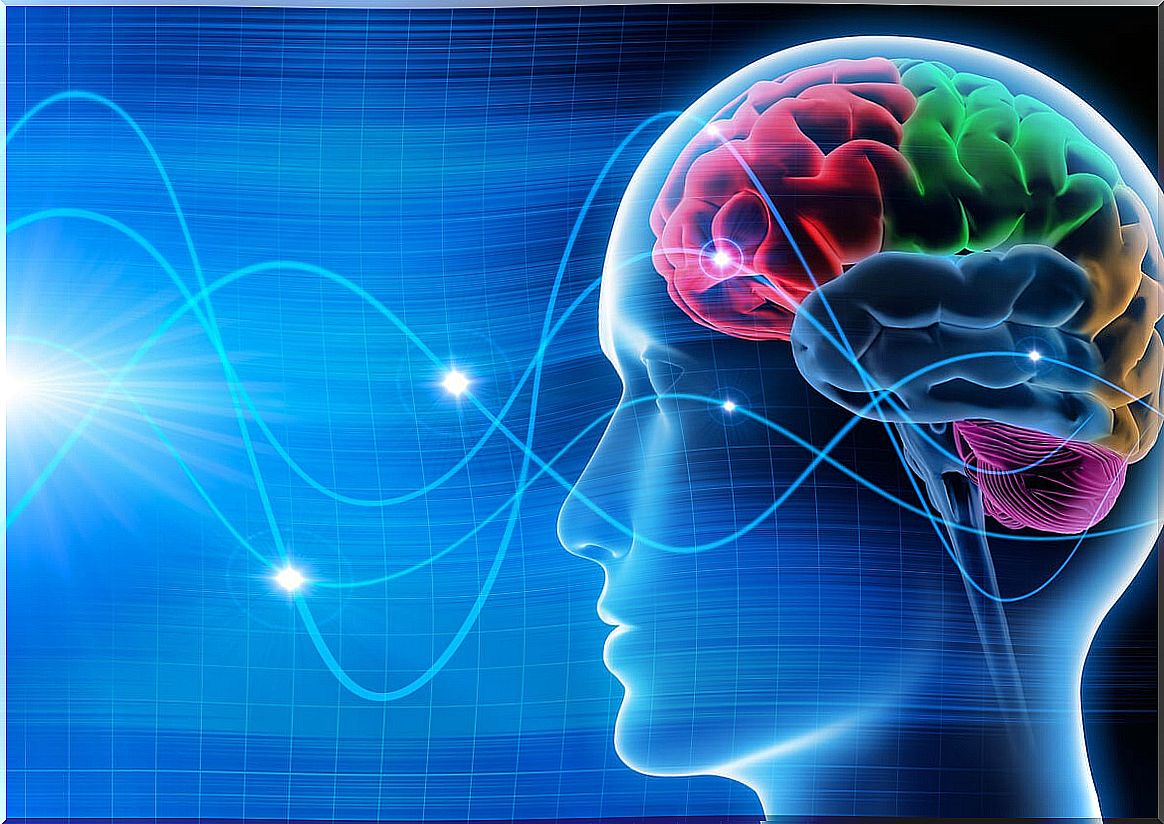Anxiety And Memory Loss: How Are They Related?

Forget that we had an appointment today. Not remembering where we parked the car or that we had put something in the oven. We all forget from time to time, but the truth is that there are times when these situations occur with a high frequency and there comes a point where we get scared … Anxiety and memory loss present a significant link that is worth knowing .
The state of constant hypervigilance that defines this psychological condition reduces some brain functions. Likewise, it is important to note that not all experiences of anxiety have this impact on our cognitive processes. In general, it is the generalized anxiety disorder that correlates the most with these memory failures.
When we make use of selective attention from which we interpret and filter reality based only on our emotional state, priority is given to some brain regions and not others. In these mental scenarios, the one in control is the amygdala, that sentinel of alarm and fear that distorts everything.
The only thing that matters is acting or being able to escape, we stop thinking clearly and even memory fails …

Anxiety and memory loss, a significant relationship
Generalized anxiety and acute stress have a serious impact on our cognitive processes. Factors such as memory, attention, the ability to solve problems or reflection are affected. Does this mean that we lose faculties? Is there evidence, perhaps, some kind of cognitive decline? The answer is no.
This memory loss has nothing to do with deterioration associated with age or dementia. This is indeed a topic that psychology and neuroscience have been studying for decades.
We know, for example, that this situation is reversed when the person undergoes adequate psychological therapy. Likewise, there is another fact that anxiety and memory are related, but that link affects a particular type of memory: working memory. Let’s know more data.
Long-term memory failure, which helps you solve problems
The brain has several mechanisms and ways of storing information. We have episodic memory, short-term memory, long-term memory, semantic memory … Now, the one that is affected by states of stress and anxiety is working memory, which is defined by the following characteristics:
- It is made up of attentional and executive processes. In other words, it is the one that operates with daily operational information so that we can carry out more complex cognitive processes.
- This type of memory is what helps us solve everyday problems.
- It allows us, for example, to remember what we have just read or spoken to later act accordingly.
- The person with anxiety may go blank after a conversation and ask themselves: ” where did we end up, what did you tell me?”
- The failures in the working memory cause that we do not remember the directions to do something or get somewhere.
- It causes in turn that we do not perform in the study, in the exams, that we have problems to comply with the working hours, etc.
Anxiety and memory loss: what is the cause?
The Åbo Akademi University and the University of Helsinki conducted a study in 2019 in order to understand the link between anxiety and memory loss. Thus, something that remains in evidence is that these experiences only become apparent when the person’s anxiety is higher.
What causes this psychophysiological state is that the attentional processes are altered. Simply put, it is impossible to remember something when in fact we have not been able to fix our attention on that particular event.
The brain is subjected to an intense emotional state and in these circumstances, the prefrontal area, linked to cognitive processes, ceases to be efficient.
Also, there is another associated factor and it is the lack of a good night’s rest. Anxiety correlates with insomnia and not having a deep and restful sleep also affects the correct consolidation of memory.

Treatment for memory lapses associated with anxiety states
We know that anxiety and memory loss are related. What can we do about it? How to act if we are suffering small but constant forgetfulness? The most important thing is to always have a good diagnosis. Discarding health problems is the first step and then knowing what type of anxiety we suffer from.
In these cases, it is possible that we need some drug treatment such as anxiolytics. However, it is essential to always have psychological support to manage that anxiety in a healthy way with adequate coping techniques.
We all have resources that, at any given time, we can activate and develop to promote our well-being.
Those memory lapses will reverse as we take control of our emotions, thoughts, and behaviors. Change is always possible.









